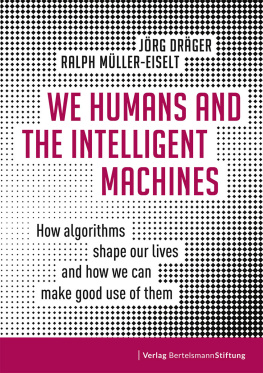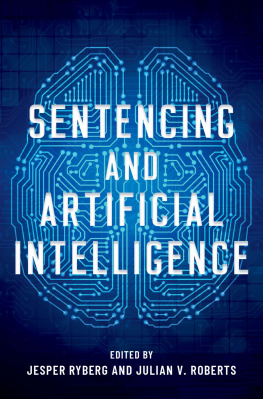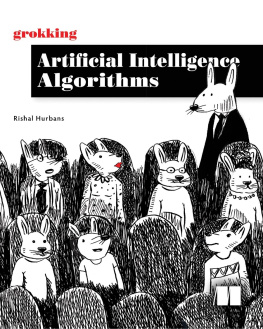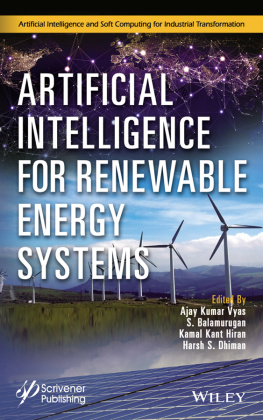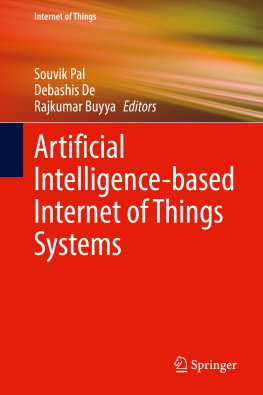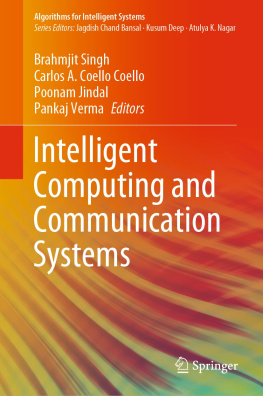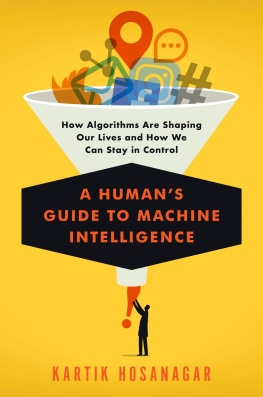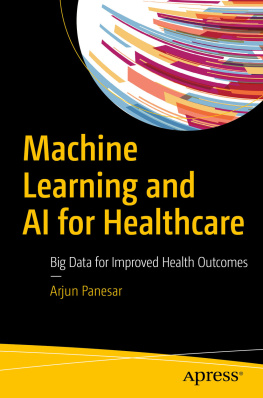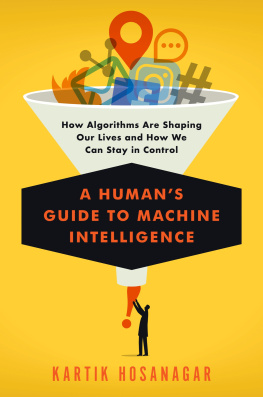Bibliographic information published by the Deutsche Nationalbibliothek
The Deutsche Nationalbibliothek lists this publication in the Deutsche
Nationalbibliografie; detailed bibliographic data is available on the Internet at http://dnb.dnb.de.
Where this publication contains links to websites of third parties, we assume no liability for the contents of the sites, as we do not claim them as our own, but merely refer to their status at the time of initial publication.
Contributors:
Carla Hustedt
Sarah Fischer
Emilie Reichmann
Anita Klingel
Editor: Andr Zimmermann
Copyright English edition 2020 Verlag Bertelsmann Stiftung, Gtersloh
Copyright German edition 2019 Deutsche Verlags-Anstalt, Munich,
a subsidiary of Random House GmbH
Cover design: total italic, Thierry Wijnberg, Amsterdam/Berlin
Cover illustration: Shutterstock/Helga_Kor
Authors photo: Jan Voth
Translation: DeepL
Copy editing: Tim Schroder
Typesetting: Bro fr Grafische Gestaltung Kerstin Schrder, Bielefeld
Printing: Hans Gieselmann Druck und Medienhaus GmbH & Co. KG, Bielefeld
Printed in Germany
ISBN 978-3-86793-884-6 (print)
ISBN 978-3-86793-885-3 (e-book PDF)
ISBN 978-3-86793-886-0 (e-book EPUB)
www.bertelsmann-stiftung.org/publications
The algorithmic society a preface
Intelligent machines are part of our lives. They help doctors diagnose cancer and dispatch policemen to find criminals. They preselect suitable candidates for HR departments and suggest the sentences judges should impose. It is not science fiction, it is reality. Algorithms and artificial intelligence increasingly determine our everyday lives.
Only a fine line separates fascination from horror. Many things sound promising: defeating cancer before it develops, stopping crime before it happens, getting the dream job without the right connections, serving justice freed from subconscious prejudices. All of that sounds auspicious, yet the negative narrative is just as impressive: healthcare systems which are no longer based on social solidarity, minority groups which suddenly find themselves disadvantaged, individuals who are completely excluded from the job market. In this scenario, people become playthings, the victims of digitally determined probabilities.
Whether promise or peril the changes will be radical. We must therefore re-evaluate and readjust the relationship between humans and machines. How does artificial intelligence (AI) affect us, our lives and our society? Where can algorithms enrich us, where must we put an end to their threatening omnipotence? Who wins and who loses through digital disruption? These questions are reminiscent of earlier upheavals of similarly broad scope. The Industrial Revolution also changed economic and social conditions, engendering hope for the future, along with considerable fear and social tensions. In retrospect, technological progress has made most peoples lives better and has increased prosperity, life expectancy and social standards. Who would today seriously long to return to the pre-industrial era of the early 18th century?
It would be nave, however, to simply trust that again this time everything will turn out for the better. Whether intelligent machines will improve society or make it worse is far from clear. The good news is that it is up to us to shape how things change. Algorithms are created by humans and do what humans tell them to do. We are therefore the ones who can decide which interests and values they should serve.
The purpose of this book is to encourage everyone to get involved. We want to show how intelligent machines can be used to serve society, which is one of the most important policy tasks of our time. The book is full of international examples but written from the perspective of Germany, where politicians have been somewhat slow and negligent in responding to digital change. While the debate in our country has generally been a long lament about insufficient wireless coverage and slow Internet access, other nations have clearly outpaced us. In early 2016 an eternity in digital times then US President Barack Obama convened a high-ranking expert commission to develop recommendations on how American society could use AI to its advantage. Immediately after taking office, French President Emmanuel Macron made European cooperation on this issue one of his core concerns. It will indeed be necessary to join forces in Europe, since China is prepared to invest the equivalent of $150 billion in AI projects in the coming decade.
Algorithms are here to stay. The Algorithmic Revolution is not something we will simply be able to sit out. It is not a purely economic phenomenon, social concerns are at least as urgent. Intelligent machines can directly impact the common good which is why we have written this book. In the first part, The algorithmic world, it examines the far-reaching changes transforming our lives and the necessity for humans and machines to find a meaningful way to complement their respective strengths. The second part, What algorithms can do for us, provides a structured overview of the broad use of algorithms in society and their opportunities, risks and consequences. The third part, What we must do now, develops specific proposals for creating a sound algorithmic society, followed by a brief outlook. With this mix of wake-up call, analysis and ideas for solutions, we hope to fuel a broader societal debate.
That is why this book is not about technology, but about its social consequences and requirements to shape the future. We are not concerned with business models, but with social models. Many practical examples illustrate how the increasing use of seemingly intelligent machines affects both individuals and society as a whole. Seemingly refers to the simple fact that algorithms can imitate human intelligence and, in some areas, even outperform us in cognitive terms. This so-called artificial intelligence, however, is limited to narrowly defined tasks and lacks precisely what continues to make human beings unique: our ability to combine different facts, to evaluate and transfer knowledge, and to weigh conflicting interests and goals. Whenever in this book we speak of intelligent machines as synonyms for algorithms even more correctly, as synonyms for algorithmic (software) systems we are very aware of this essential limitation of their intelligence. Even then, however, their impact remains extremely far-reaching.
Our book was originally published in the spring of 2019 in German. Since the topic is global and since we received a lot of interest from abroad, we decided to follow up with this English translation. Consequently, it was carried out by the artificially intelligent translation software DeepL, enriched by some editing. We hope that the outcome of this machine-human collaboration enables a broader community to build upon our thinking.
We Humans and the Intelligent Machines looks at the great challenges caused by the Algorithmic Revolution through the lens of the common good independently and impartially, but by no means apolitically. Like the Bertelsmann Stiftungs

